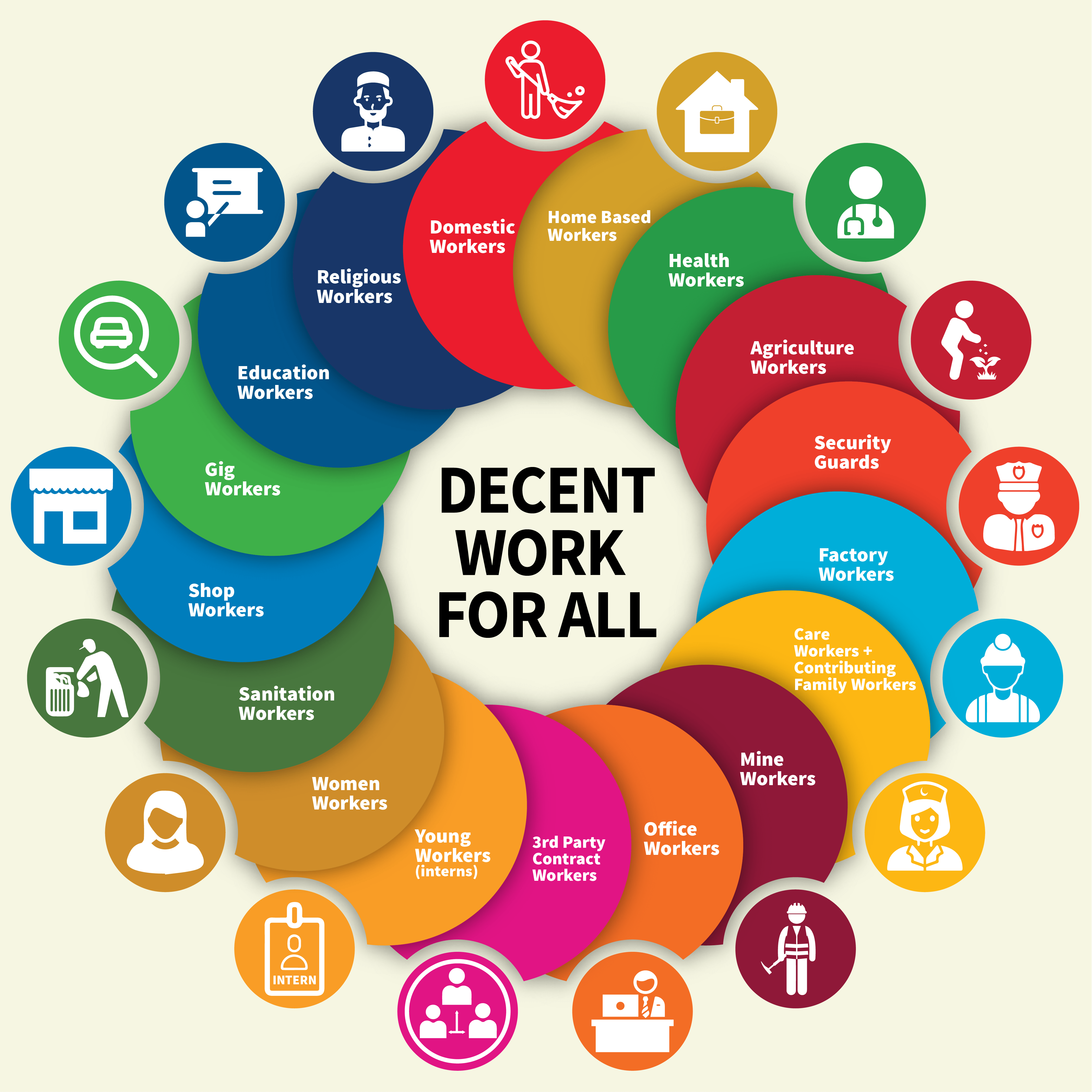Thou Shall Not Work
Thou Shall Not Work!
While the Old Testament prohibited only the working on Sabbaths, labour legislation in many countries curbs employment of women under the garb of protection. States enact labour legislation to regulate labour market but instead of regulating, it seemingly restricts female employment. Gender differences in labour market participation result from the prohibitions on women for working under certain conditions. Labour laws instruct whether females can be engaged in different sectors namely, construction, mining, factories, water, transportation, and energy etc.
About 117 countries, explicitly, Germany, Algeria, Australia, Libya, New Zealand, Singapore, UAE, UK, US, Iran, Croatia, Cambodia, Bulgaria, and Austria etc. do not place any restriction upon women for working in some specific sectors. Hence, female labour participation rate as well as job prospects are comparatively better in these countries for women. But somehow despite the favorable law, some of these countries do not have higher female labour force participation rate because the public space is male dominated and restricted for women by the cultural or social environment. For instance, despite legal equality in access to employment, female labour force participation in Algeria is only 15% On the other hand, female labour force participation (FLFPR) is 65% in Kazakhstan despite the prohibition on females to work in mining, construction, factories, agriculture, energy, water, and transportation sectors. This foregrounds the impression that female labour force participation depends on certain other factors as well and it has more to do with country’s overall environment than just the labour law.
On the other hand, 74 countries place certain curbs on women in some of these sectors, atrophying half of their country’s talent. Afghanistan, Bahrain, Pakistan, India, Argentina, South Korea, Cameroon, Central African Republic, China, Egypt, Japan, Jordon, Colombia, Jamaica, and Malaysia etc. Moreover, 26 countries do not allow women to work during the night. All such circumstances account for lower female labour force participation rate and affect the job choices of about 2.7 Billion women[1].
Kuwaiti Labour Law prohibits employment of women in those occupations that violate their femininity or morals or harms their health, which are then to be defined by the concerned Ministry. Women in Thailand cannot produce or transport explosive materials. Vietnam prohibits women in sectors that are harmful for child-bearing and parenting functions. Angola explicitly bans women from working in conditions that are unhealthy, dangerous or risky, not clearly defining what these terms actually mean. Pakistani women cannot work in any establishment during night hours.
There’s a need to re-evaluate the restrictive legislation to ensure gender equality and allow women to work in different sectors. Restrictions on women employment in some sectors or occupations can be placed only to protect the health of women workers during pregnancy and after childbirth.
[1] https://www.weforum.org/agenda/2018/08/104-countries-have-laws-that-prevent-women-from-working-in-some-jobs/


